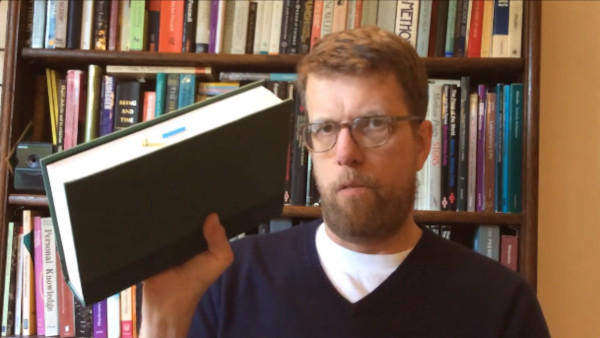Education, Change and the Longue Durée: The Fate of the Book
DOI:
https://doi.org/10.7577/seminar.4046Keywords:
educational;, media, history of education, book culture, reading instructionAbstract
The physical form of the book known as the codex has been described as nothing less than “the most powerful object of our time,” as the “concrete form” of “the Western episteme.” The book, in other words, is an epochally and epistemologically foundational medium. The book’s physical nature, its typical contents, the habits and practices associated with its use, and the way that these are acquired, can thus be said to together constitute the paradigm for knowing. This article begins with an examination of book culture—one which provides long-familiar demarcations of knowledge and ignorance, development and depravation that are starting to lose their force. Appealing to the notion of the longue durée, this paper then turns to the history and contemporaneity of the book in educational discourse. In concluding, it considers what the changing educational significance of the book can tell us about change in education itself, and what this ongoing change might mean for us today.

Downloads
Published
How to Cite
Issue
Section
License
Copyright (c) 2020 Norm Friesen

This work is licensed under a Creative Commons Attribution 4.0 International License.
Seminar.net is a fully open access journal, which means that all articles are available on the internet to all users immediately upon publication. Use and distribution in any medium is permitted, provided the author and the journal are properly credited. The journal allow reuse and remixing of content in accordance with a Creative Commons license CC-BY
- The journal allows the author(s) to hold the copyright without restrictions.
- The journal allows the author(s) to retain publishing rights without restrictions.
- Seminar.net does not charge authors for publishing with us.